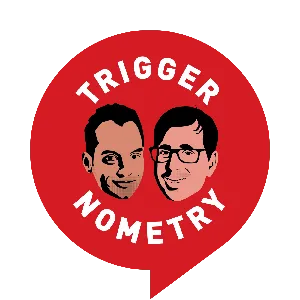Jason is joined by FirstMark Capital’s Rick Heitzmann, who started his investment career in 1999. They discuss “sobering up” after the 14-year bull run (1:55), Airbnb’s response to the downturn (7:38), how senior leaders must act as shock absorbers for their founders (26:30), and more!
(0:00) Jason kicks off the show
(1:55) Rick’s experience of the “Speculative Asset Bubble”
(7:38) Airbnb’s reaction to the downturn
(11:33) LinkedIn Jobs - Go to https://linkedIn.com/angel and post your first job for free
(12:58) Rick’s memory of the Dot Com bubble
(19:39) Advice for founders in a downturn
(22:27) Embroker - Use code TWIST to get an extra 10% off insurance at https://Embroker.com/twist
(23:29) How CAC and LTV have changed
(26:30) The emotional state of Founders and keeping them focused
(35:09) Term sheets in the Dot Com era and today
(40:06) Letterhead - get 50% off their first year at tryletterhead.com/twist
(41:21) Different forms of exits + Key attributes in founders
FOLLOW Rick: https://twitter.com/rick
FOLLOW Jason: https://linktr.ee/calacanis
FOLLOW Molly: https://twitter.com/mollywood












